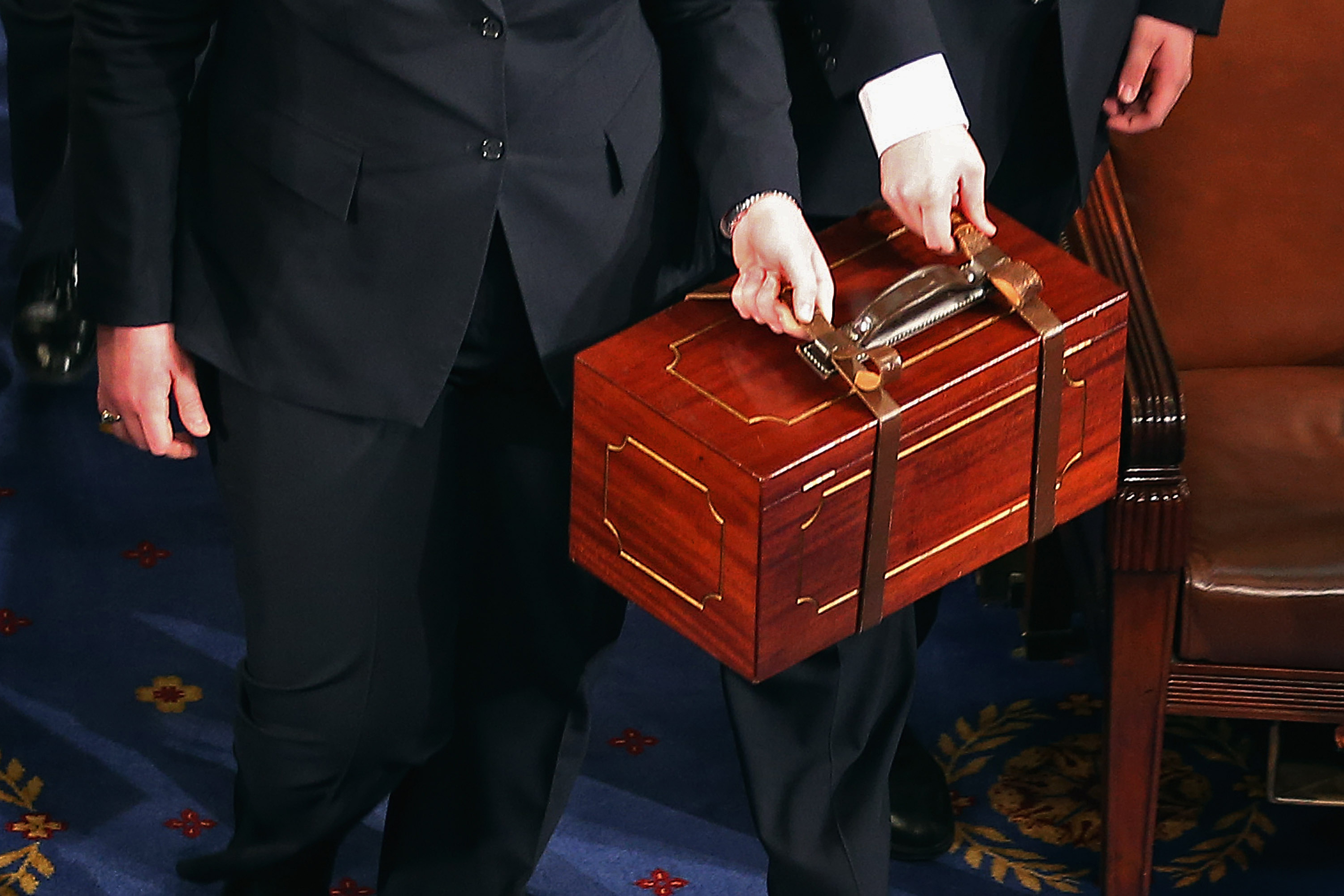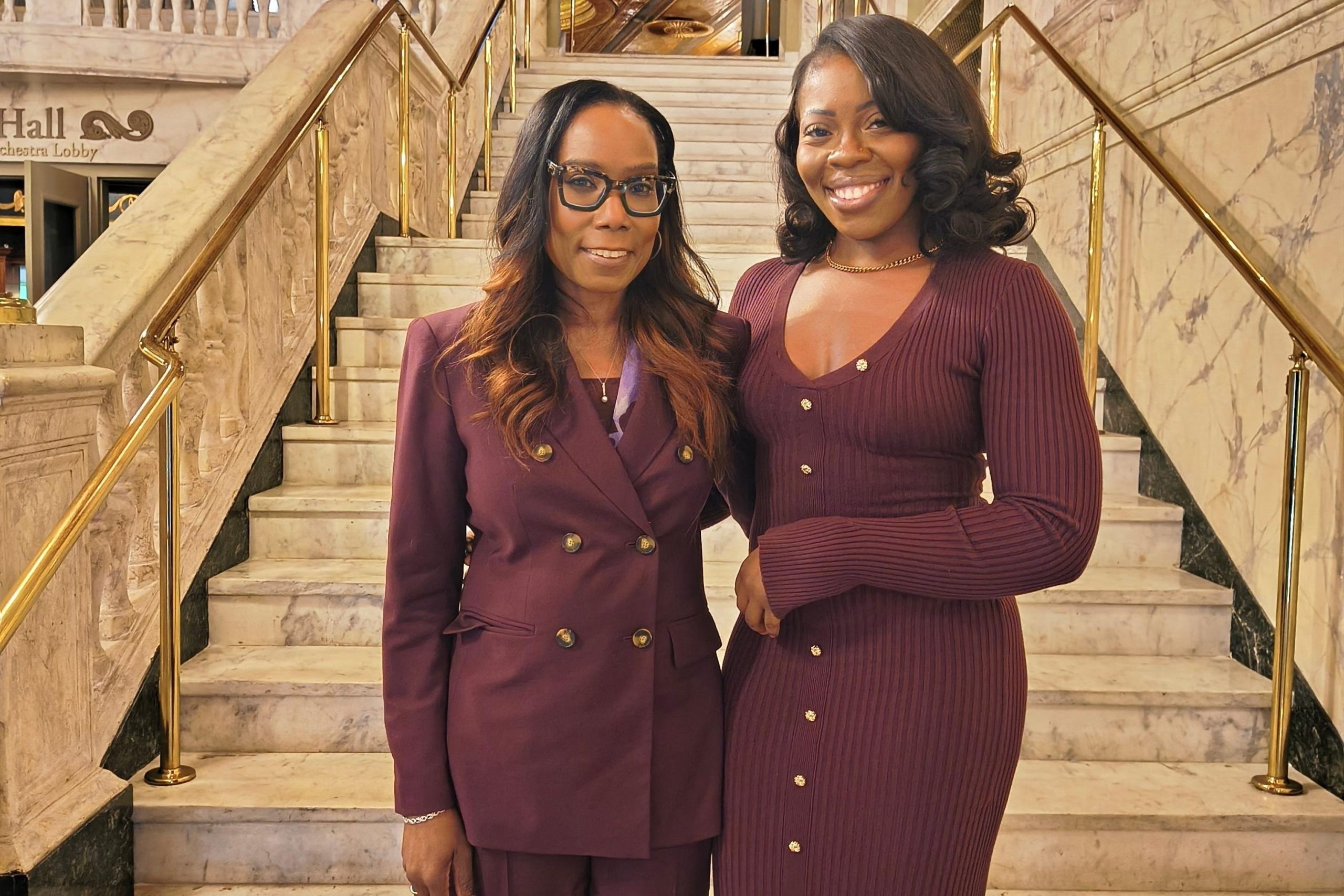The 2016 U.S. Presidential election marks the fifth time in history (1824, 1876, 1888, and 2000) that a candidate who lost the national popular vote won the Electoral College to become President of the United States. Hillary Clinton won 2.4 million more votes than Donald Trump in the 2016 election, based on the certification tally to date, but Trump won 290 Electoral College votes to Clinton’s 232, to win. The final popular election results must be officially certified by each state before electors will meet in their home states on Dec. 19 and the formal vote of the Electoral College will take place.
Ronald Schurin is an associate professor in residence political science and formerly served in the Education Division at the U.S. Department of Health, Education, and Welfare, who teaches courses on American political parties, electoral realignment, and Connecticut state and municipal politics. He served as an elector for Connecticut in the Electoral College during the 2012 U.S. Presidential Election. He recently discussed the issues surrounding the Electoral College with UConn Today.
After the George W. Bush win over Al Gore in 2000, there was a lot of discussion about changing the presidential election to a direct popular vote, which would require a constitutional amendment. Were there ever any serious efforts for acting on such a change?
Prior to 2000, there had been several relatively minor incidents that had generated some discussion. For example, in 1968, there was a Republican elector in North Carolina who voted for George Wallace instead of Richard Nixon; in 1976, a Ford elector voted for Ronald Reagan; and in 1988, a Dukakis elector voted for Lloyd Bensten for president. At the time of the 1968 vote, there was a lot of discussion in Congress when the electoral votes were counted, as to whether to allow that vote. It was allowed, but subsequently Sen. Birch Bayh [Democrat] of Indiana chaired several hearings with discussion of several options: get rid of the Electoral College, have states cast their electoral votes but in proportion to the popular vote, or just forbid the faithless elector that you saw in North Carolina. Nothing came of it.
Is there a provision in the Electoral College process to prevent someone from voting against the way they were elected to vote by their party?
Connecticut and several other states have a law on the books that say you must cast your vote for the person to whom you are pledged. That law is of somewhat dubious constitutionality in terms of whether the state can pass a law that deals with the action of a federal official. It’s never been put to the test. Moreover, there are no penalties spelled out in the law. In Connecticut, interestingly, you’re supposed to get $10 when you cast your vote as an elector. I guess you could not get your $10, but beyond that there is no provision.
We’ve now seen this situation happen twice in recent years, where the person who received the most popular votes lost because of electoral votes. What is the possibility that this kind of thing can occur on a regular basis?
There is a pretty good possibility. The Electoral College biases the system in favor of the Republicans now, because the Democrats tend to win in the larger states. You get electoral votes based on the number of federal representatives – the number of members of the House, plus the number of members of the Senate. The smaller states get that bonus. That helped George W. Bush, and now Donald Trump. The smaller states, who get two bonus votes because of their two senators, are more often Republican. Trump carried 30 states and Hillary carried 20. Trump thus got 20 more electors that way. That’s how Bush won, but it’s not the only way Trump won.
Currently there’s an effort to change the election process legislatively through state laws with the National Popular Vote bill. Where does that stand?
The idea is to have states pass laws that require their electors to cast their vote for whoever won the popular vote nationally. For example, in this last election a Republican elector from Ohio would have to vote for Hillary Clinton because she won the popular vote nationally. A provision of the law is that it only takes effect when states comprising 270 electoral votes – a majority – all pass it. That’s nowhere close yet. Twelve states have passed this law. Connecticut had it before the legislature three or four years ago and it did not work its way through, but there is support for it here.
Should there be electors in some states that change their vote on Dec. 19 and go against how they are supposed to vote, and the election results change, how could that be dealt with?
Before the Republican convention there was a lot of discussion of delegates not voting for Donald Trump. That didn’t happen. I don’t think it’s going to happen this time. If it did, it would be the kind of issue that makes your head explode. There would be an affirmation of the popular vote but it would be people voting not according to the way the people in their state dictated that they should vote. As noted, there have been faithless electors over time, but it’s never shaped the outcome of an election. This time around it would be, as Donald Trump would say, huge.
We advocate to other nations as they are moving toward democracy to let the people decide their elected representatives, but the people don’t really decide here if the winner of the popular vote doesn’t win. How do we as nation reconcile that?
Most democracies are parliamentary systems, not a three branch system such as we have. It has not been uncommon in Great Britain, for example, for one party to get more aggregate votes for its parliamentary delegation, yet the other party gets more seats. We’re not unique in that regard. Secondly, we are a federal system, and the Electoral College is one of the things that makes federalism real. If you think federalism is a good thing, then you want to keep the Electoral College. Concurrent with the existence of the Electoral College, even with several occasions when the winner of the popular vote hasn’t won the election, advocates of the present system might say that the United States emerged as the most powerful and at times richest country in history. We defeated communism and fascism, we had some great political leaders and some duds as well. The Electoral College has not destroyed American democracy.
You served as a Connecticut elector in 2012. What was that experience like for you?
It was really just one of the rituals of American democracy. One of the electors was criticized in the early days of the republic because he had been chosen to vote as a Federalist but voted for the Jeffersonians. One of his critics said, “We employed you not to think, but to act.” I acted and cast my ballot, placing it in a box that was carved out of the original Charter Oak Tree used every four years only for this purpose. The ballots were already marked for Obama and Biden. There was not much discretion there. It seemed to me it was a symbolic way of affirming the ongoing nature of the Presidency. I didn’t have to think – just to act.



